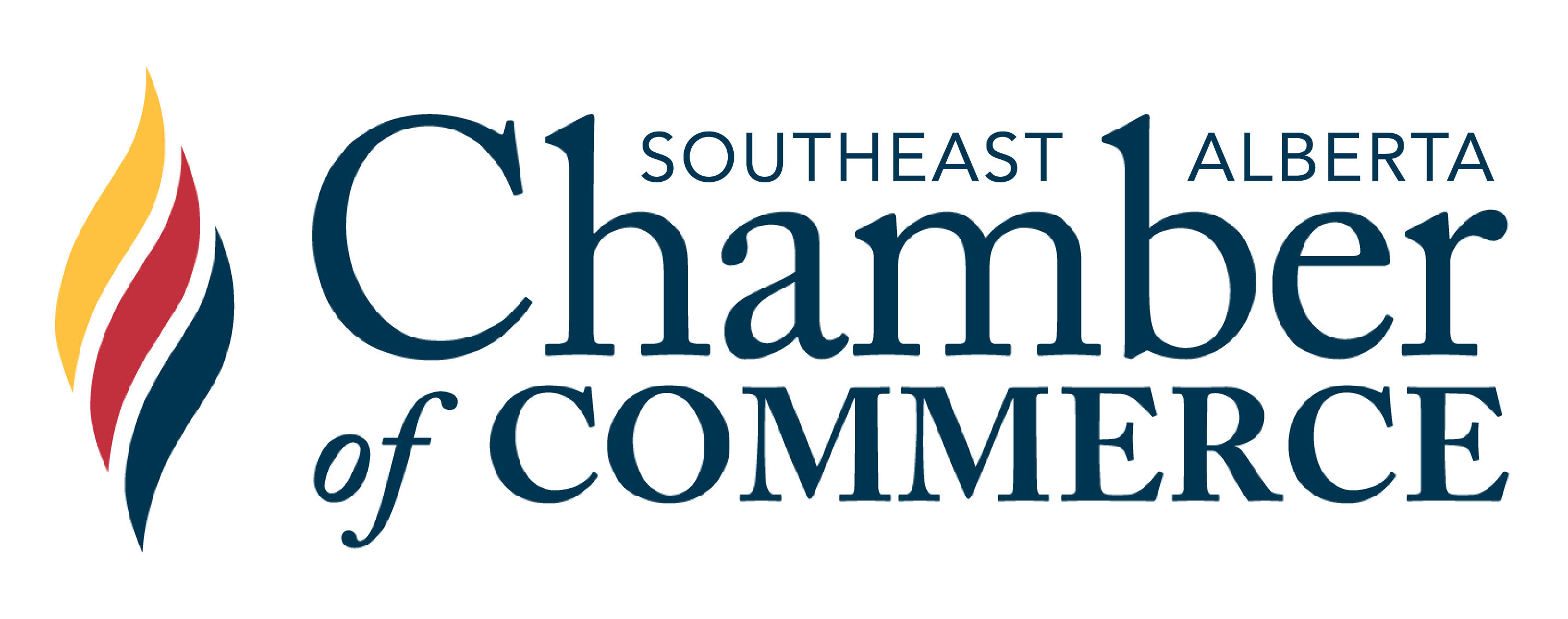Business Beat: An Edible Insect Opportunity
I was out for coffee the other day with an investor that I admire. He suggested I look into edible insects as an opportunity for Medicine Hat. So, I did. This is what I found. The edible insect industry started back in 2013, when the Food and Agriculture Organization of the United Nations released a report about edible insects and the future of food. “Eat bugs,” the authors concluded. “They’re good for you and the environment.”
Some of the purported benefits? Bugs consume less water and emit less methane than chickens and cows. They contain a healthy dose of omega oils and B vitamins. And, they’re gluten free!
The downside? There aren’t any! Except for one small problem. Most folks will not knowingly eat a bug, let alone an entire bag of them.
Undaunted by consumer preference, a handful of hardy souls took up the challenge of farming edible insects. A flurry of media activity soon followed suit. Intrepid journalists regaled readers with daring-do tales of North America’s leading edible insect entrepreneurs.
We learned that Aspire Food Group had won the $1 million Hult Prize in support of their student-led business plan to take cricket food mainstream. We watched in disbelief as “Shark Tank” judge Mark Cuban invested $50,000 in cricket bar manufacturer Chapul. We read that Entomo Farms had received close to $1 million in venture financing.
Aspire used their funds to build a 25,000 square foot high tech research and development facility on the outskirts of Austin, Texas. Entomo, meanwhile, raised an additional undisclosed sum from Maple Leaf Foods and has since emerged as North America’s undisputed champion of edible insects.
As Aspire and Entomo continue to grow the market for insect-based snacks, protein bars, and pet treats, others have not been so lucky.
In April of this year, Flourish Farm posted a surprisingly transparent farewell message on the company website. “After a gallant run for an exciting business opportunity and a worthy cause, we’ve come to the conclusion to close our doors here at Flourish Farm,” reads the message. “Commercial cricket farming is an expensive and challenging proposition, requiring scale to be sustainable. Though we continue to see a lot of interest, publicity and promise around the edible insect protein industry, it’s now understood in our small market that consumer acceptance is 3-5 years away. These two factors mean that it will take far more capital than expected and available to be successful.”
Therein lies the rub. At $55 million, the global market for edible insects doesn’t yet register. Investors with an appetite for salt and vinegar crickets are few and far between. And yet, with projected compound annual growth rates in excess of 40%, the future of the edible insect business is bright. Today’s early adopters will most assuredly emerge as tomorrow’s industry leaders.
Make no bones about it. There’s a prize to be had for the entrepreneurs and investors out to carve a niche in the emerging market for edible crickets, caterpillars, and meal worms. The winners in this business will ultimately take the lion’s share of what promises to be a $700 million market by 2024.
But is this an opportunity for Medicine Hat? Possibly. As Western Canada’s low-cost business centre, Medicine Hat offers the agribusiness industry a sustained cost advantage. Located on the Trans-Canada Highway, Medicine Hat-based food producers can offer same-day shipping to almost all of Western Canada. And the labour force is highly skilled in all aspects of food production.
In spite of Medicine Hat’s inherent advantages, there is an inordinate amount of risk associated with the tiny niche of edible insect production. At this stage of the game it is unknown if people can be convinced to eat bugs. To succeed as an insect farmer, in Medicine Hat or anywhere else, requires an investor with deep pockets, lots of patience, and a very strong stomach indeed.
Jon Sookocheff is interim CEO of Invest Medicine Hat. He can be reached at http://www.InvestMedicineHat.ca.
